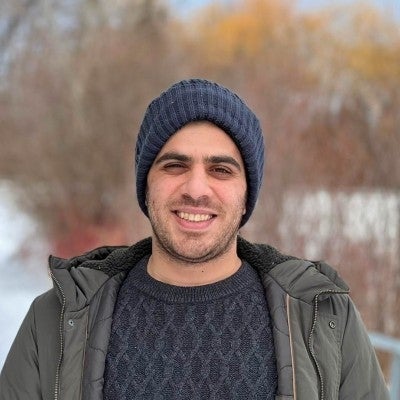
Kasra recently completed a Ph.D. in System Design Engineering at the University of Waterloo. His research explores complexities and uncertainties around socio-environmental systems, climate change mitigation, and adaptation.
He utilizes decision-making under deep uncertainty (DMDU) techniques and exploratory methods to examine potential future scenarios and bolster the resilience of current policies and decisions. He holds a master’s degree in Civil Engineering with a specialization in Water Resources Management, during which he developed a game-theoretical multi-agent decision-making method. He applied this method to Urmia Lake, an ecologically critical lake in Iran, as part of his research.
Kasra's Ph.D. research focused on analyzing different potential pathways for Carbon Dioxide Removal (CDR) methods, specifically Direct Air Capture (DAC), under various socioeconomic, technological, and regulatory/political conditions. He applied both quantitative (Energy-Economy-Environment-Climate) and qualitative (scenario analysis) methods to investigate the feasibility and effectiveness of these approaches.
His work as a research assistant with Partners for Action involved integrating natural hazards risk assessments with socioeconomic factors to identify and analyze the social vulnerability of communities. He utilizes spatial and temporal data to gain a better understanding of how climate change impacts these communities. He applies an equity and environmental justice lens to this work and advocates for these perspectives to be considered by climate change adaptation planners and policy-makers.